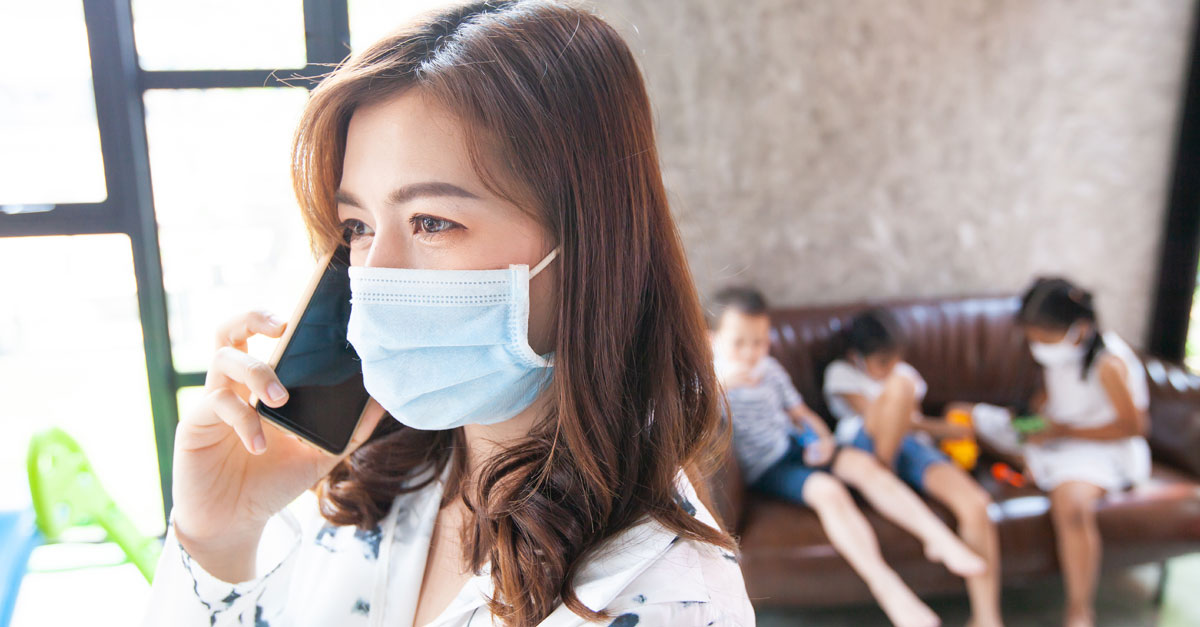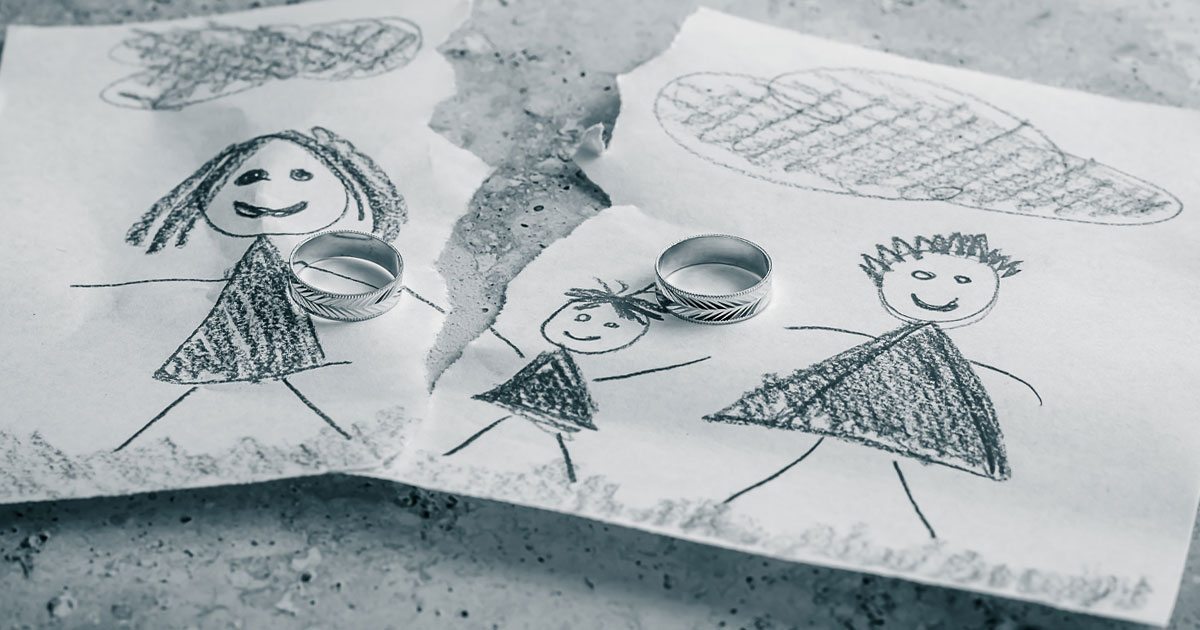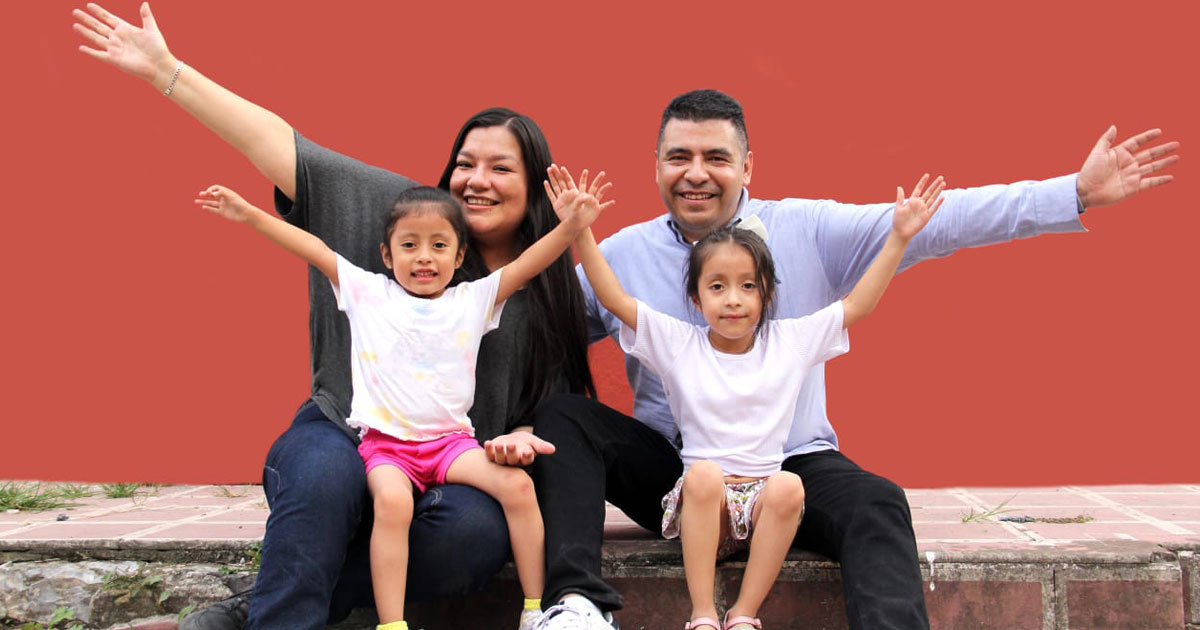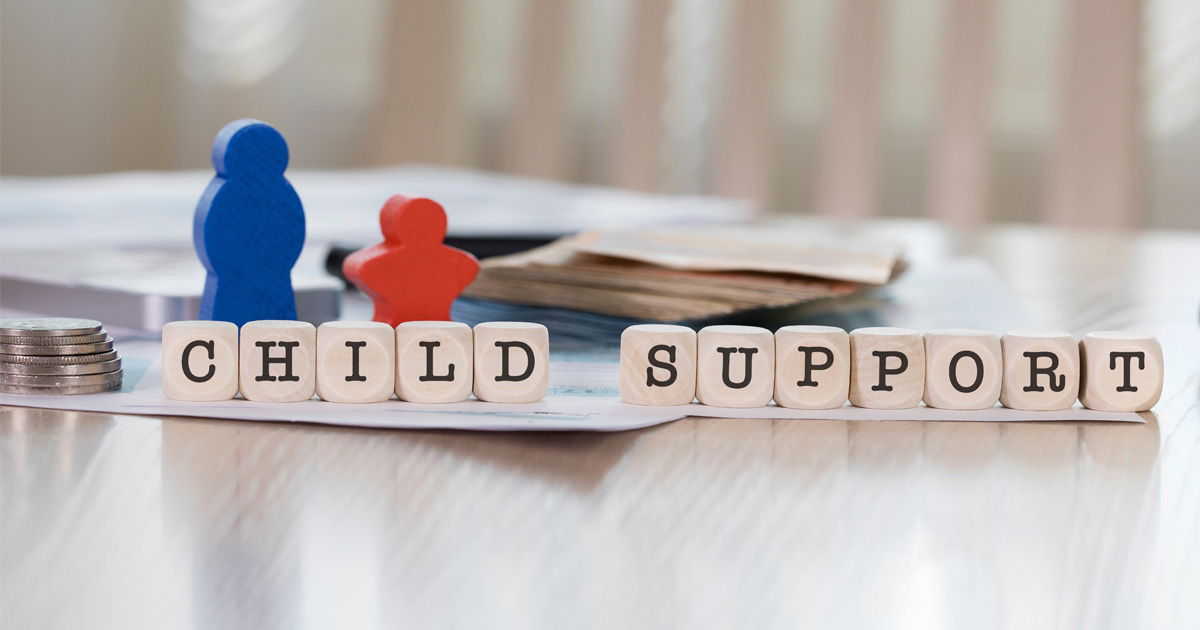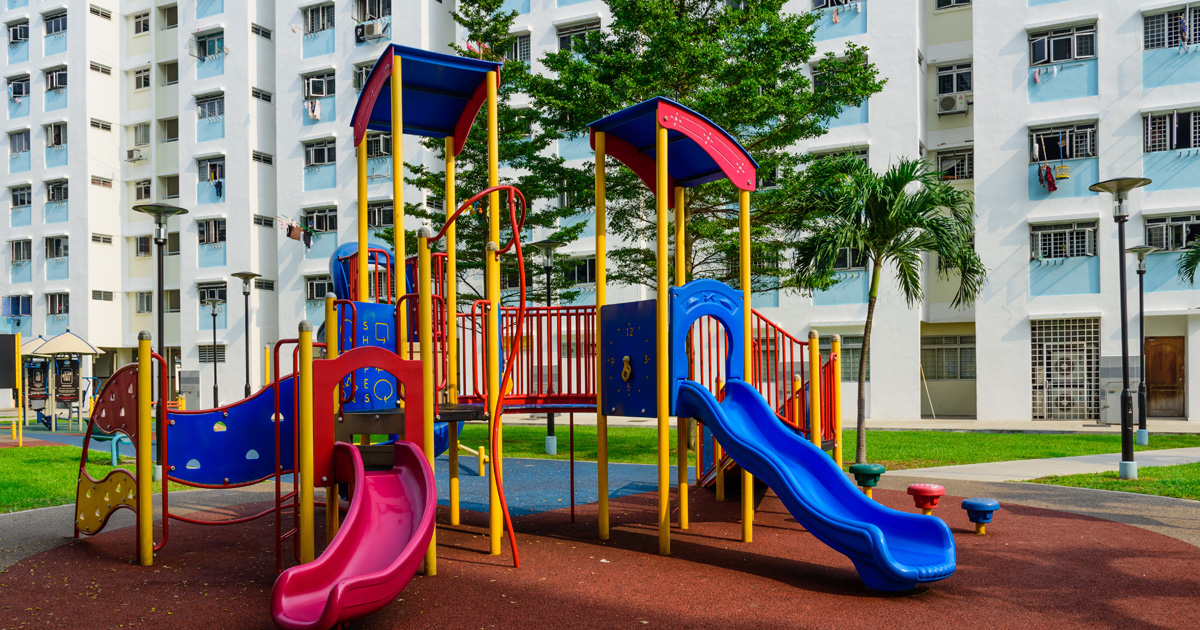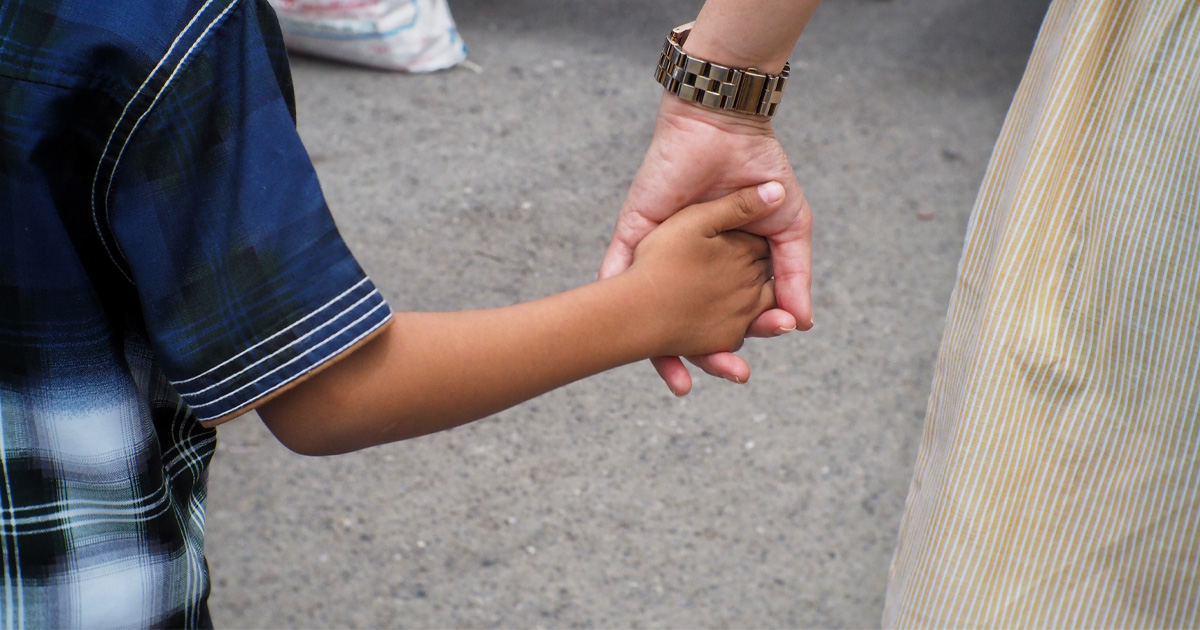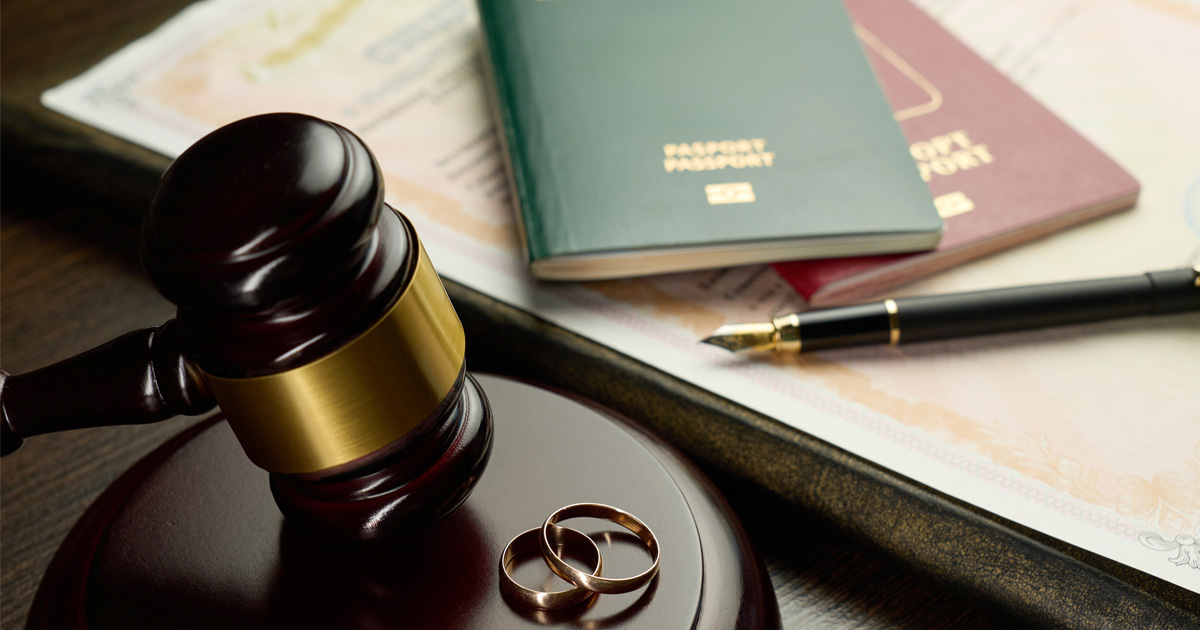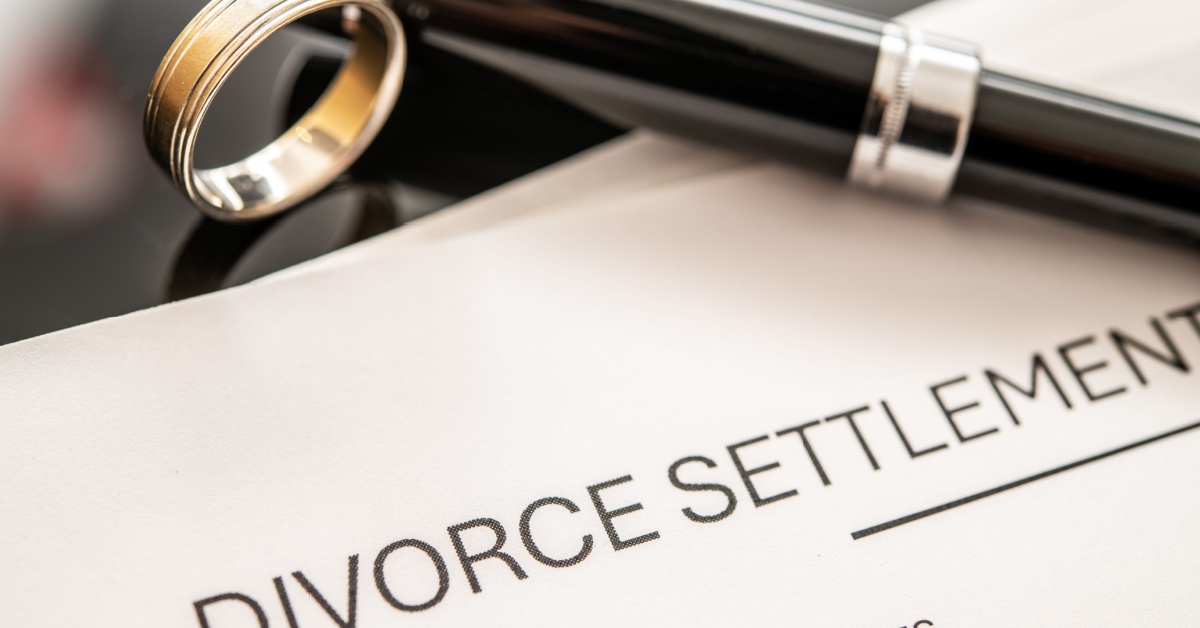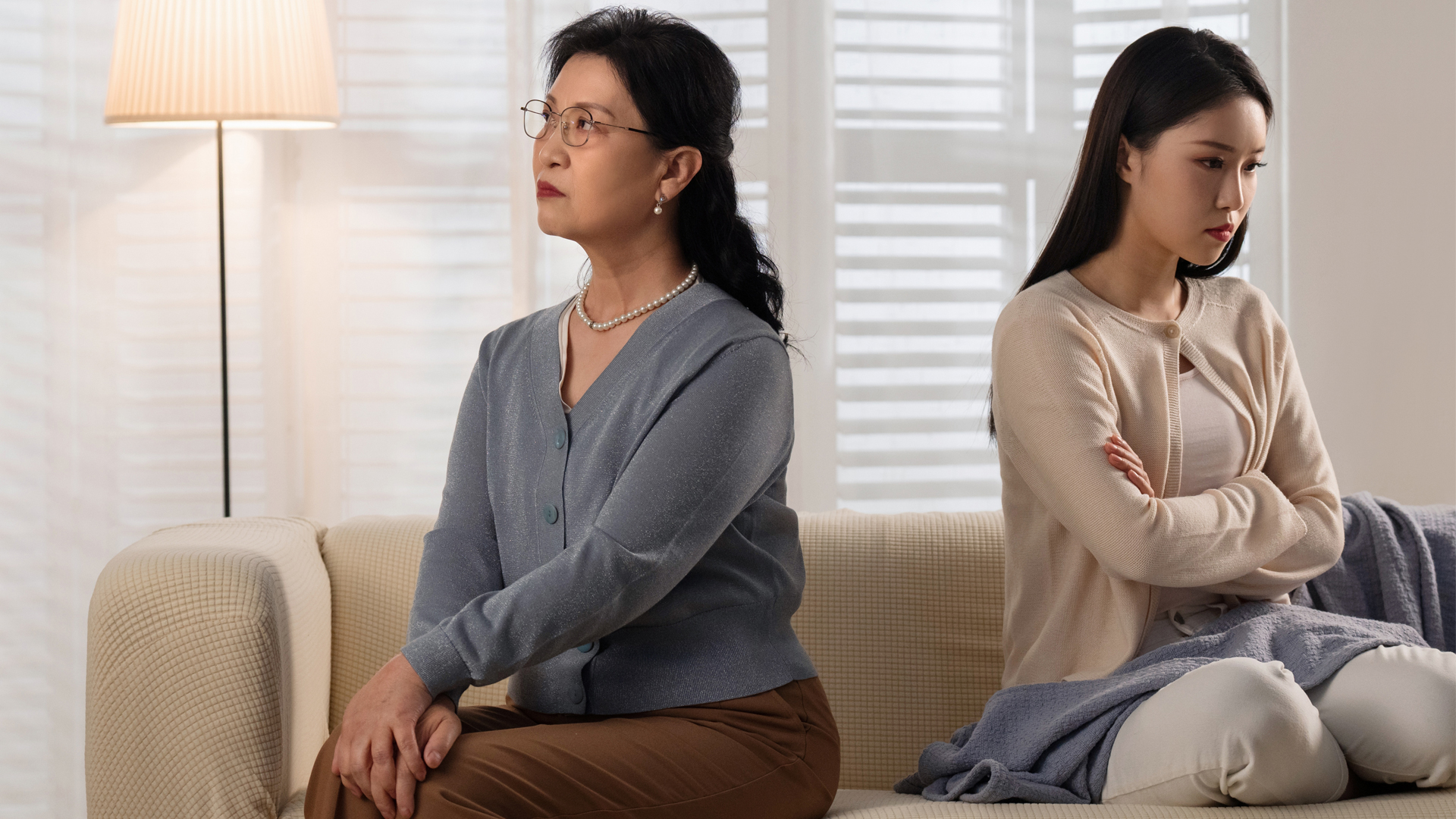What is the legislation governing Guardianship in Singapore?
The legislation governing Guardianship in Singapore is the Guardianship of Infants Act (Chapter 122).
It has been highlighted by the Honourable Justice Debbie Ong in the most recent High Court decision of VET v VEU [2020] SGHCF 4 (“VET v VEU”) that the purpose of the GIA is to enable the Courts to make orders for the children’s welfare without unnecessary intervention in a parent’s parental responsibility.
Who is a guardian?
A guardian is defined as follows: –
- A parent, who will be a natural guardian without any formal appointment; or
- A non-parent (i.e grandparents/ aunty/ uncle) who has been formally appointed as a guardian.
How do I formally appoint a guardian in Singapore?
Generally, an individual can be formally appointed as a guardian in Singapore pursuant to Section 5 of the Guardianship of Infants Act (“GIA”). The application can be taken out by way of Originating Summons and a supporting affidavit. In the supporting affidavit, the applicant has to detail to the Court why appointing him/her as the infant’s guardian is in the infant’s welfare.
In determining any application under Section 5 of the GIA, the welfare of the infant is the Court’s paramount consideration, pursuant to Section 3 of the GIA. What is in the welfare of the infant would depend on the facts of your case.
If both parents consent to the appointment of Person A as the legal guardian of the infant, then the relevant parties can enter into a consent order to formally appoint Person A as the legal guardian.
If one parent does not consent to the to the appointment of Person A as the legal guardian of the infant, then the applicant must persuade the Court that it is in the welfare of the infant to appoint Person A as the child’s legal guardian.
After all, in any guardianship application, the court’s paramount consideration is the infant’s welfare.
What does the child’s “welfare” mean?
A child’s welfare refers to his/her short-term and long-term physical, intellectual, psychological, emotional, moral and religious well-being. The need for parents to carry out their parental responsibility smoothly without any unnecessary interference from third parties and protecting the child from harm inflicted by unfit parents is also relevant to the child’s welfare.
These principles have been explained in the Court of Appeal decision of TSF v TSE [2018] 2 SLR 833 and the High Court decisions of UKM v Attorney-General [2019] 3 SLR 874 and UMF v UMG and another [2018] SGHCF 20. These were also most recently reiterated in the High Court decision of VET v VEU.
What are the role(s) of a guardian in Singapore?
The general approach of the Singapore’s Courts is that “Parental responsibility is not a voluntarily delegable responsibility”. A guardian’s authority over the child does not exceed parental authority given that his/her parent naturally possess unrestricted authority over his/her child. In other words, it would appear that a guardian’s authority will always be a subset of parental authority.
It has been noted in VET v VEU that where there are fit parents responsible for the child, the result of the appointment of a joint guardian is to share the parental responsibility.
As such, when taking out an application under the GIA, it would be best to detail the scope of the guardian’s authority in the Originating Summons and the supporting affidavit so that each party to the matter is aware of their respective rights and obligations. Some examples of the scope of a guardian’s authority include making decisions on the child’s school enrolment and medical needs.
When is the Court empowered to appoint guardians?
The Court’s intervention for the appointment of a guardian are expressly provided in the GIA as follows: –
- Pursuant to Section 6(3) of the GIA, where the child has no parent, the Court may appoint the applicant if he/she is able to show he/she is a suitable guardian for the child;
- Pursuant to Section 10 of the GIA, another guardian may be appointed to replace a guardian.
The Honourable Justice Debbie Ong highlighted in VET v VEU that “the law firmly holds parents to their fundamental obligations to discharge their parental responsibility to their children”. The Court’s intervention is only justified when parents fail gravely in their parental responsibility.
Can I, a parent of my child make any formal arrangements for the care of my child in the event of my demise?
Yes, a guardian can be appointed to replace a parent upon the demise of him/her. Pursuant to Section 7(1) and (2) of the GIA, a parent may by deed or will, appoint any person to be the guardian of the child after his/her death.
What are the rights of the surviving parent to the child?
Pursuant to Section 6 of the GIA, the surviving spouse usually becomes the natural guardian of the child and will act either alone or jointly with any guardian appointed by the other spouse.
If no guardian has been appointed on the death of one spouse, the Court has the power to appoint who they deem fit as guardian to jointly act with the other spouse.
What happens if I, the parent of the child, cannot agree with the formally appointed joint guardian of the child?
In the event there is a dispute between joint guardians, one of the guardians will have to consider taking out a Court application seeking the Court’s directions.
Pursuant to Section 8 of the GIA, the Court is empowered to make orders on issues in relation to the child’s custody, care and control, access and maintenance. The Court may also vary or discharge any previous Court Orders made under the GIA.
In determining issues in relation to the child’s custody, care and control and access, the Court will have to give regard to the child’s welfare.
In determining issues in relation to the child’s maintenance, the Court will have to give regard to the ability of the child’s parents.
Related Article: Coronavirus & its Impact on Child Maintenance Order in Singapore
